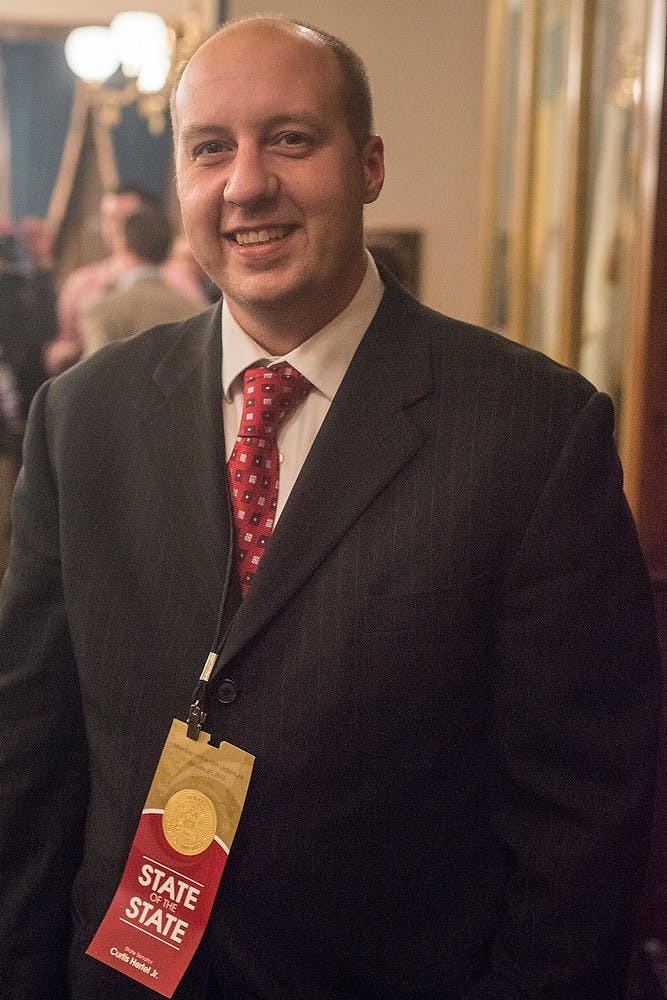Fantasy sports seasons are right around the corner but many state legislators, including those in Michigan, are uncertain about the legality of the fantasy gaming industry.
That is the focus of the legislation that has been introduced by Sen. Curtis Hertel Jr. (D-East Lansing). SB 459 would amend the Michigan Penal Code to specify fantasy football as a game of skill rather than chance, formally legalizing fantasy leagues in Michigan.
“Knowing what happened with online poker, knowing what’s happening in some other states, where it’s already been declared illegal,” Hertel said. “And knowing that in Michigan we have a pretty grey law, with on top of that, the gaming commission saying that they believe that it violates law — I thought getting out ahead was a good idea.”
Marc Edelman, an associate professor at Baruch College in New York City, NY, and an expert in fantasy sports gaming law said an online contest could be deemed to be illegal in every state if it has three elements: consideration/an entry fee; a prize and chance.
William Hard, a Central Michigan alumnus, currently working on his MBA at Northwood University said he believes there needs to be some sort of certainty added to the law either for or against the fantasy leagues.
"So whether it's legal or illegal, the grey area should be removed — probably legal as long as it's properly regulated," Hard said.
Hard said there should be some kind of tax on leagues that play for a cash prize above some set monetary amount.
Hertel said an estimated 57 million people across the country play fantasy sports, including over one million in Michigan. Nationwide, Hertel said fantasy sports are estimated to generate $3 to $5 billion for America’s economy.
Hertel and Edelman said one-day leagues, such as FanDuel and DraftKings, are the most at risk under the current law, because there is more chance involved.
DraftKings and FanDuel, two of the largest online, one-day fantasy sports leagues have banned five states: Arizona, Iowa, Louisiana, Montana and Washington from participation in for-cash fantasy leagues.
Edelman said things like the daily sports marketplace currently only see a limited number of participants because of the risk associated with playing, and says if certainty were added to make the games legal, it could benefit everyone.
“If certainty is provided to the legality of these contests, it would encourage new players to enter the marketplace without having so much legal risk in the State of Michigan,” Edelman said. “More competitors in the marketplace would likely drive down the cost of operating fees for these contests and might be a good thing for consumers overall.”
Support student media!
Please consider donating to The State News and help fund the future of journalism.
Discussion
Share and discuss “New bill would formally legalize fantasy sports in Michigan ” on social media.







